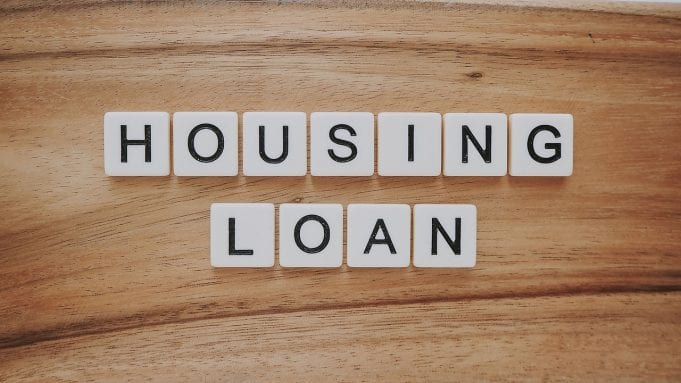Sometimes situations come up when you need a little extra cash. If you have bad credit, this could be a real problem. However, if you’re lucky enough to be a homeowner you’re in good luck. The question is not “if” you can get a loan, but “how much” you can get and what interest rate you will pay.
Bad Credit Loans
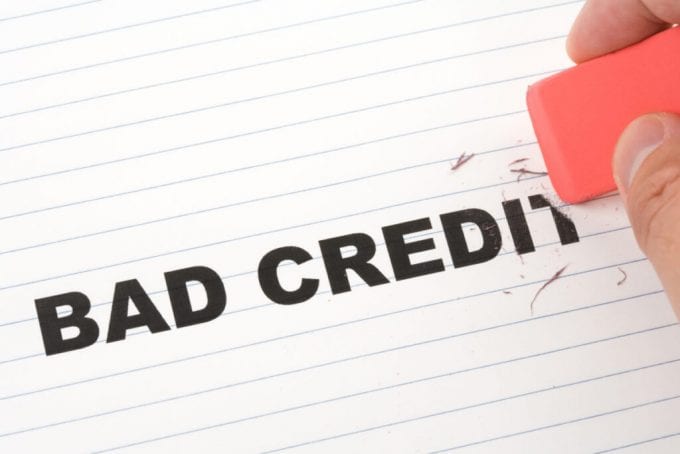
Homeowners in need of some fast cash can get something called a home equity loan. But if you have bad credit, you may not be able to get as much as you might need. Borrowing against the equity in your home when you have bad credit can leave you open for several pitfalls if you’re not careful.
People with poor credit are often victim to sky-high interest rates, unfair lending practices and more. According to the Personal Money Network, there are ways to get the money you need without making yourself vulnerable to these types of predatory lenders.
Know Your Debt-to-Income Ratio
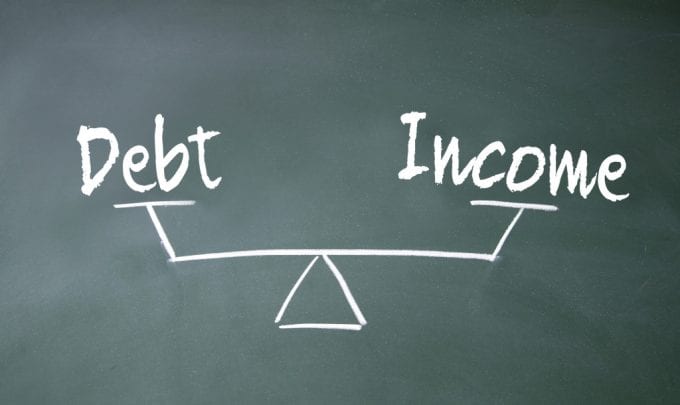
When you take out a home equity loan, you are actually using your home as collateral or as a guarantee. While this is often a given, you still want to pay close attention to the numbers. Knowing your debt-to-income ratio (the amount of debt you owe divided by your income). If your ratio falls in the lower 40s then you’re likely in a position for a prime interest rate. If your DTI is higher than that, take steps to improve your credit score before applying for a loan to keep you out of the higher interest bracket.
Determine How Much Equity You Have
With most lenders, you can borrow as much as 80% of the value of your home. This is determined by the loan-to-value ratio, which takes the current market value of your home and multiplies it by 80%. Then the amount you owe is subtracted from the total to give you your LTV.
If this is too complex for you, don’t worry, there are many online home equity loan calculators that will quickly do the math for you. The main point here is that with this figure you can pretty much determine just how much money you can borrow against your home.
Fix Your Credit Report
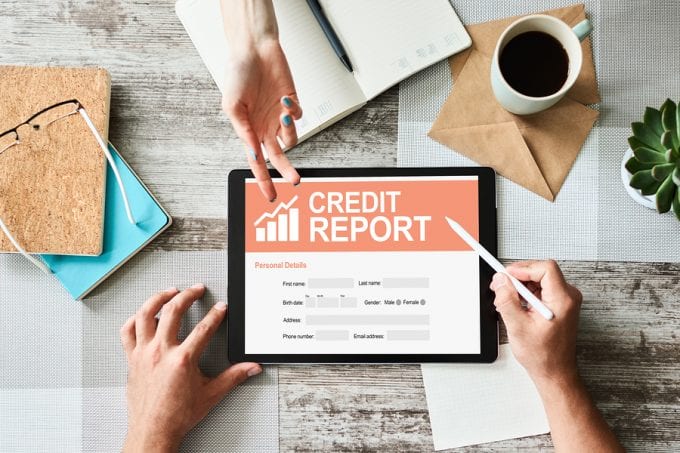
Get a copy of your credit report before asking for the loan. The first thing you want to do is to look for errors and/omissions. Not every company that you pay money to will report your history to the credit bureau and when they do, mistakes may happen, which need to be corrected.
When you check your report, aside from making sure that all the creditors listed on your account are legit, pay close attention to your credit utilization ratios. Keeping your ratios below 30% or less on any revolving credit and below 10% of other types of loans can help you to get that ideal interest rate.
Avoid Applying for New Debt
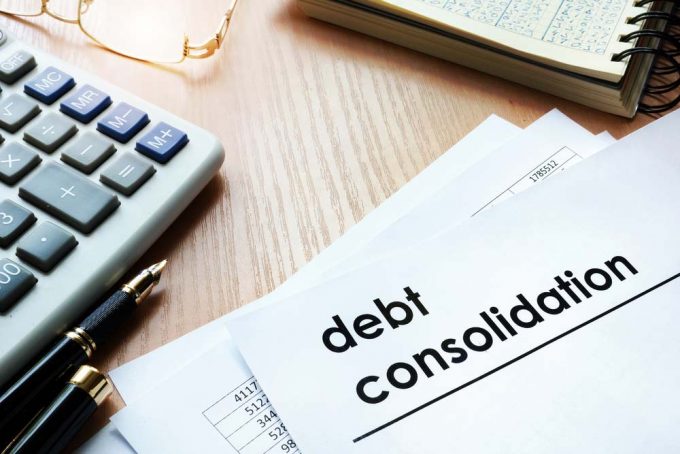
Before you apply for the loan, avoid applying for any new credit cards or other types of debt. Each time a lender looks at your credit it can affect your score, and even new credit can impact it negatively because you have no established history with the creditor.
To make sure you get the loan at the interest rate you need, avoid taking on any new credit for at least six months before you apply.
Comparison Shop
You have a home and you want to protect it so you must be careful. Take the time and do your homework. There are several different types of lenders that will be willing to give you a loan so you’re not stuck with your local bank or financial institution.
Each lender has its own set of parameters for loan approval so it’s worth taking the time to investigate your options thoroughly in order to find the best terms for your loan.
Getting a home equity loan with poor credit can be a challenge, but it is not impossible. They are just one of the many different financing options for homeowners. As long as you know what cards you are playing and do your homework, it is possible to find a lender to work with you and get you the cash you need.

